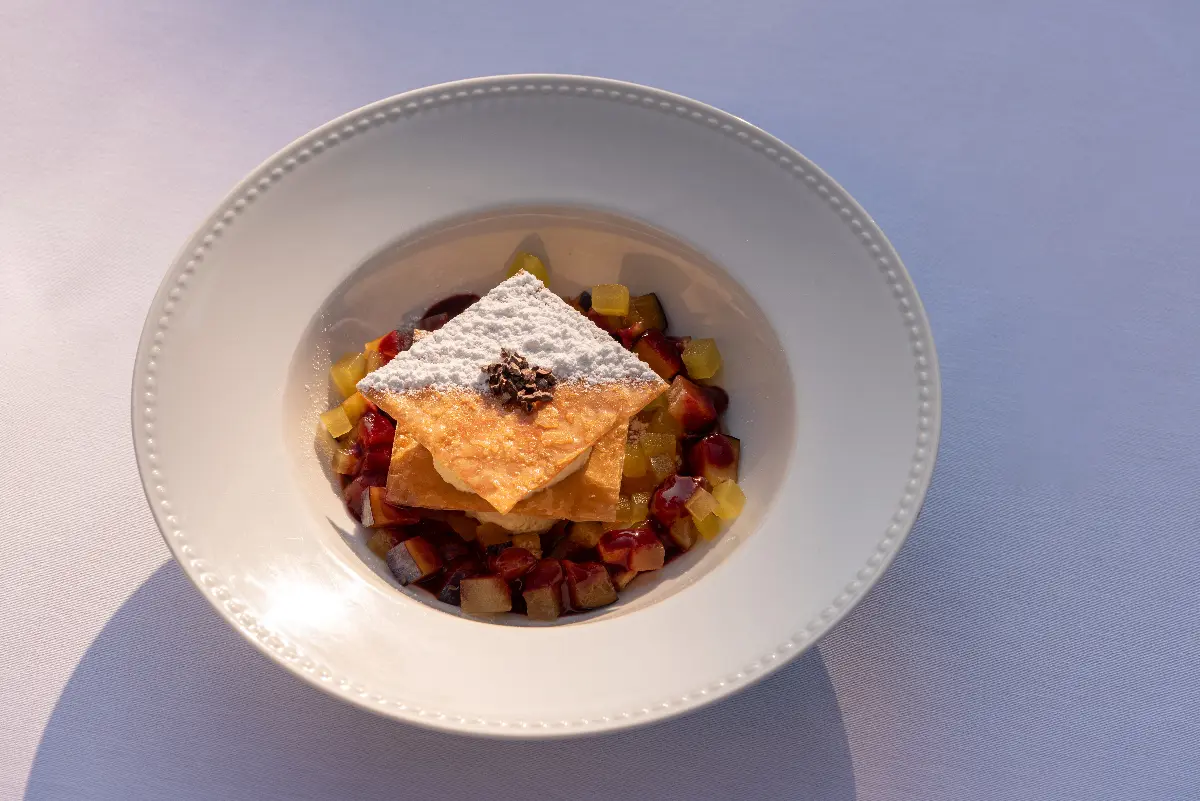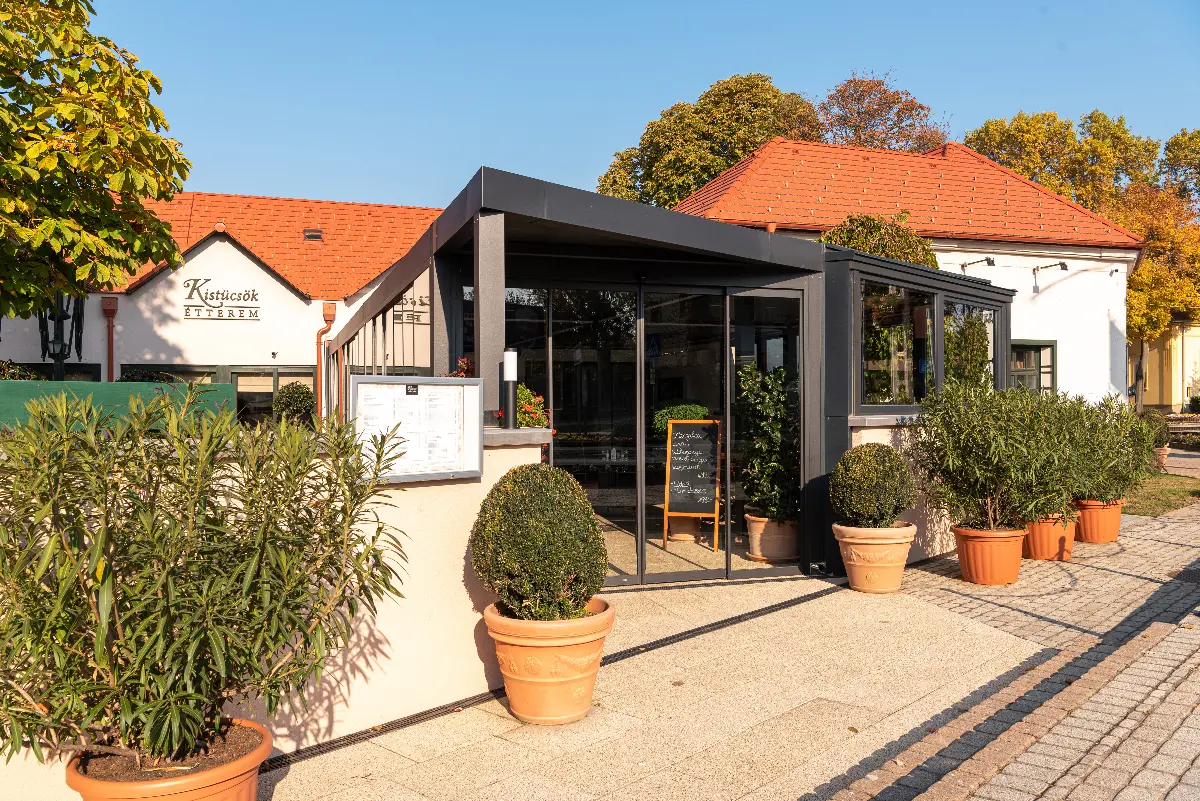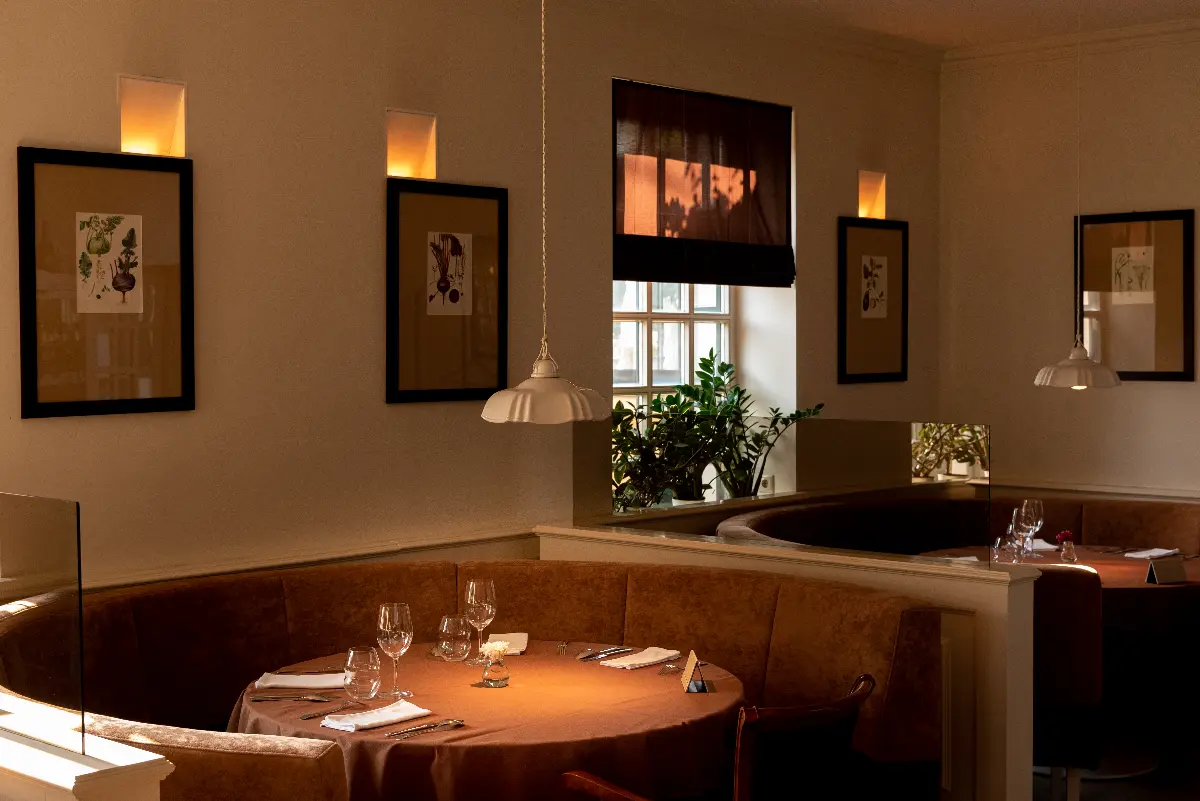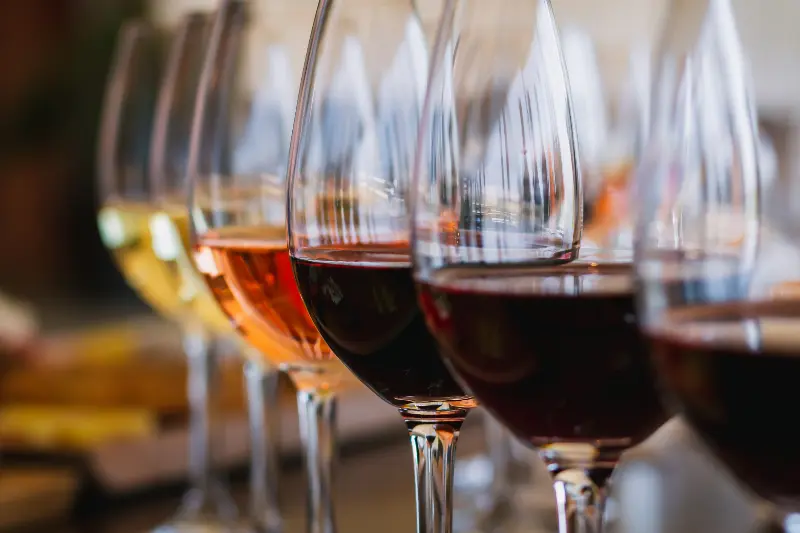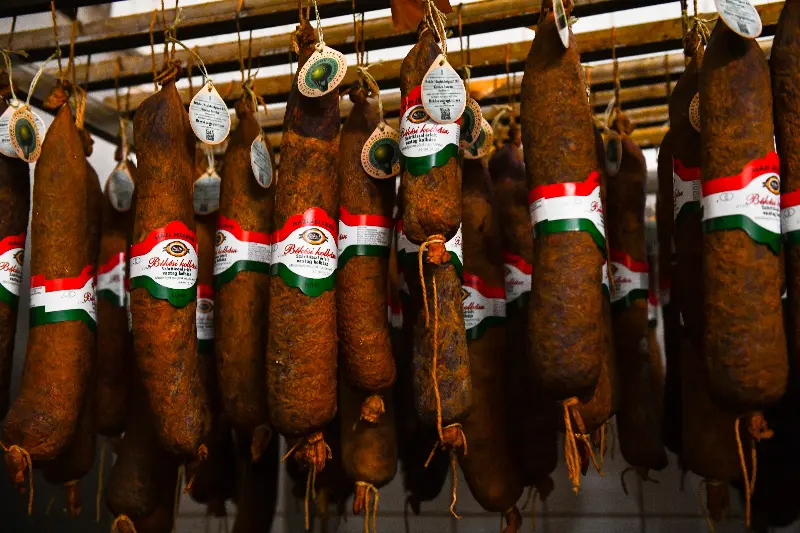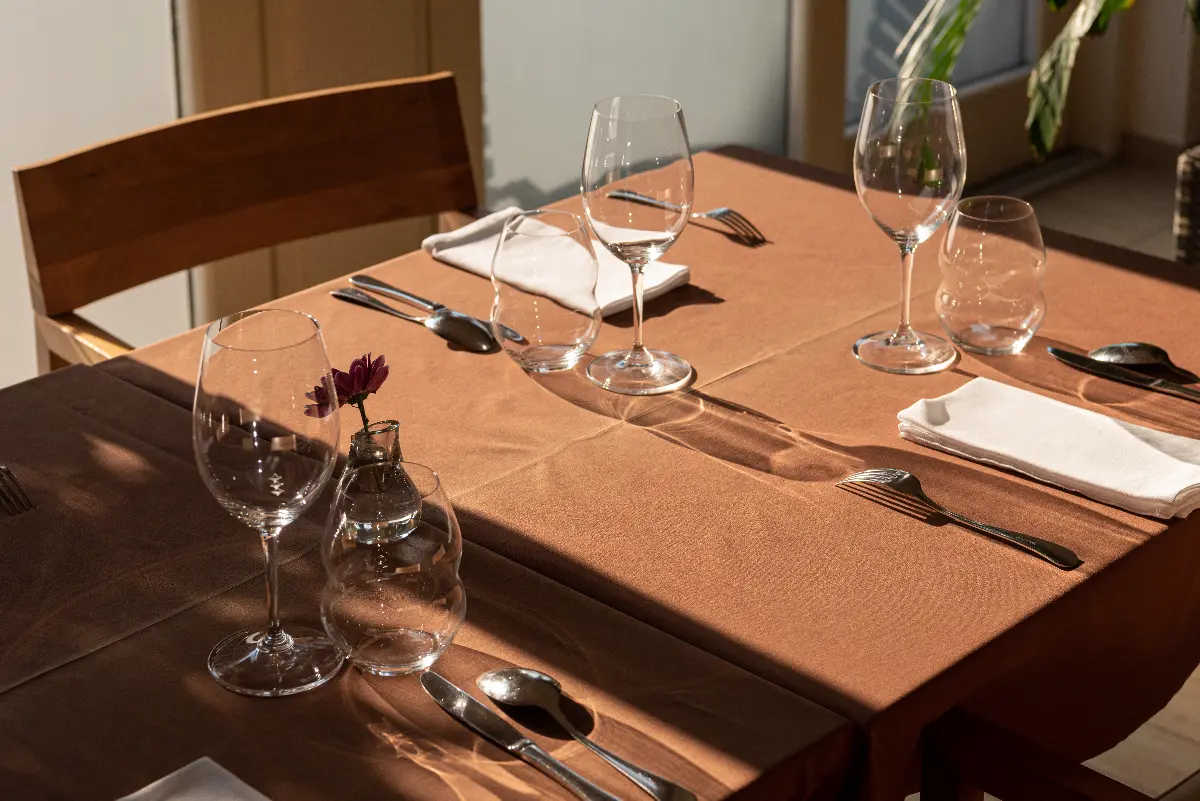
Helyszín címkék:
Give some and take some; what makes a good customer? – an interview with Balázs Csapody
Francisck Réka Alíz
"To create a sense of quality service and hospitality is not enough. You’d better offer quality service and hospitality, and it's the best when the guest is partner in this," says the president of the Pannon Gastronomic Academy, vice-president of the Hungarian Bocuse d'Or Academy and the owner of KISTÜCSÖK Food & Room****, – which is a member of SVÉT (Stylish Rural Gastronomy, originally Stílusos Vidéki Éttermiség), with more than three decades of experience as a restaurateur.
What's the ideal guest like?
Balázs Csapody (B. Cs.): Anyone who is curious and open-minded, with a desire for quality. People who go to restaurants because they would like to have a good meal and a good time.
Isn't it the best if they are well-prepared, have read the restaurant reviews and choose a restaurant – to their maximum satisfaction?
B. Cs.: Nowadays people are more health-conscious, eco-conscious and quality-conscious and they are constantly searching for sustainable restaurants, vegan menus, healthier ingredients, and innovative cuisines. These demands have created the right supply, or vice versa – but I feel it is pointless to analyse whether it was the hen or the egg before. The important thing is that more and more restaurants develop their own style, trying to find their way to their customers. In my opinion, chefs (along with the restaurants they work for), have their own signature style and taste, which the food they create, convey. For that, restaurateurs are to find the best possible circle of guests. We cannot and do not want to satisfy everyone. Here, I would like to go straight back to mindfulness, which, in addition to its many positive benefits, has also created an audience which accepts that booking a table is much appropriate before visiting a restaurant – for the predictability of the business, understandably.

As a guest, what do you do when you walk into a place, where you didn't book a table for one reason or another and they reject you to take a seat?
B. Cs.: Situations like this do happen. Firstly, I don't take it personal, and secondly, instead of rating it as 'poor' or ‘terrible’, I accept the fact that it was my mistake. In Kistücsök we often serve 300-350 guests daily, and we can't go ‘for a siesta’ in the afternoon because we have guests arriving for lunch even as late as 4pm. We had an idea to make a so-called afternoon menu, but it turned out to be unnecessary, as it was not accepted by the customers. However, we have been able to innovate in many aspects, both in the dining area and in our menus. Our year-round vegan offer, for example, has brought in a whole new clientele. A new feature introduced this summer was our Chef's Kitchen, where food is prepared in a show-room kitchen, while guests can chat with our chefs if they wish to, in exchange for being exclusively able to choose from monthly changed multi-course menus available only in the evenings.
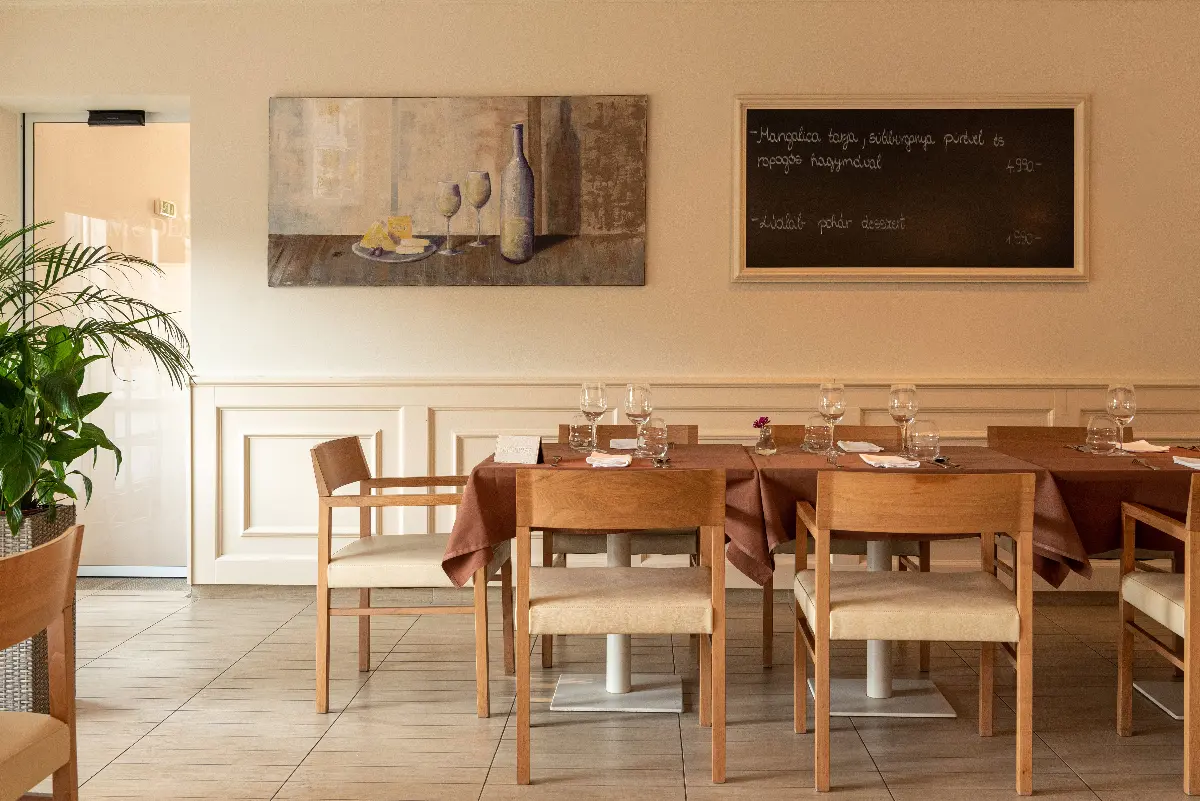
But there you can't just drop in, can you?
B. Cs.: No, table can only be provided upon booking, so far this hasn't been a problem. The menus and the whole concept of regionally based ingredients have been well appreciated, and guests are interested, ask questions, and get involved. We don't know what the future will bring, but one thing is for sure, we will stick to our concept here and won’t turn our show-kitchen into an oven for pizza.
Is there a Children’s Corner, too?
B. Cs.: No, the Chef's Kitchen is designed specifically for adults who are open to quality gastronomy. I'm not a fan of children's corners in restaurants, still, we bring the crayons and pencils to the tables on the terrace and the restaurant as well, if needed. I think that the earlier a child gets used to going out to restaurants, the better. I believe they should take a seat at the table with their parents and grandparents. They should see what's going on, how adults behave, have a chat, feel comfortable in this environment, get to know new flavours, get used to the atmosphere. A restaurant's greatest pride is given once they have a multigenerational clientele: nowadays we regularly host families who come with their children, and who were brought to us by their parents when they were children. They have grown up to be sophisticated guests and set a good example for their children. We try to honour that trust, since we are happy to do so – and we believe that this is how we will build a valuable customer base for the future.
